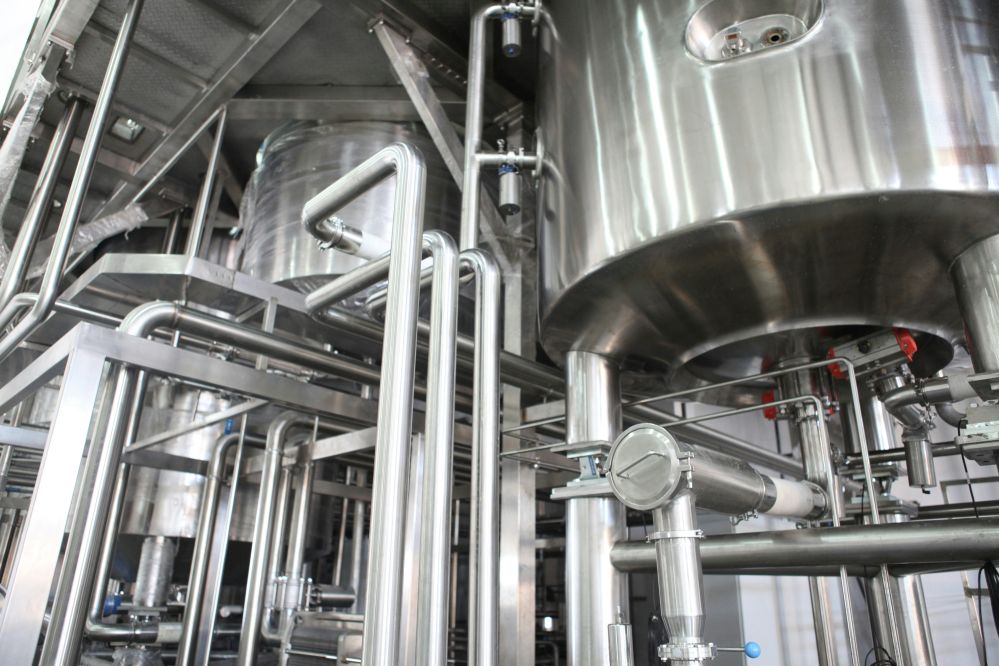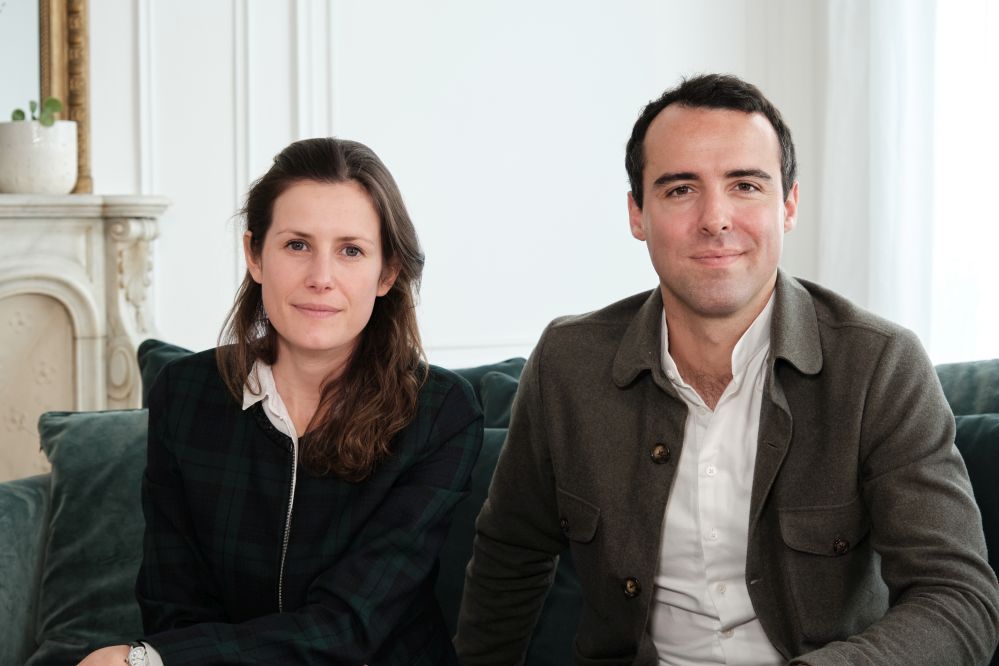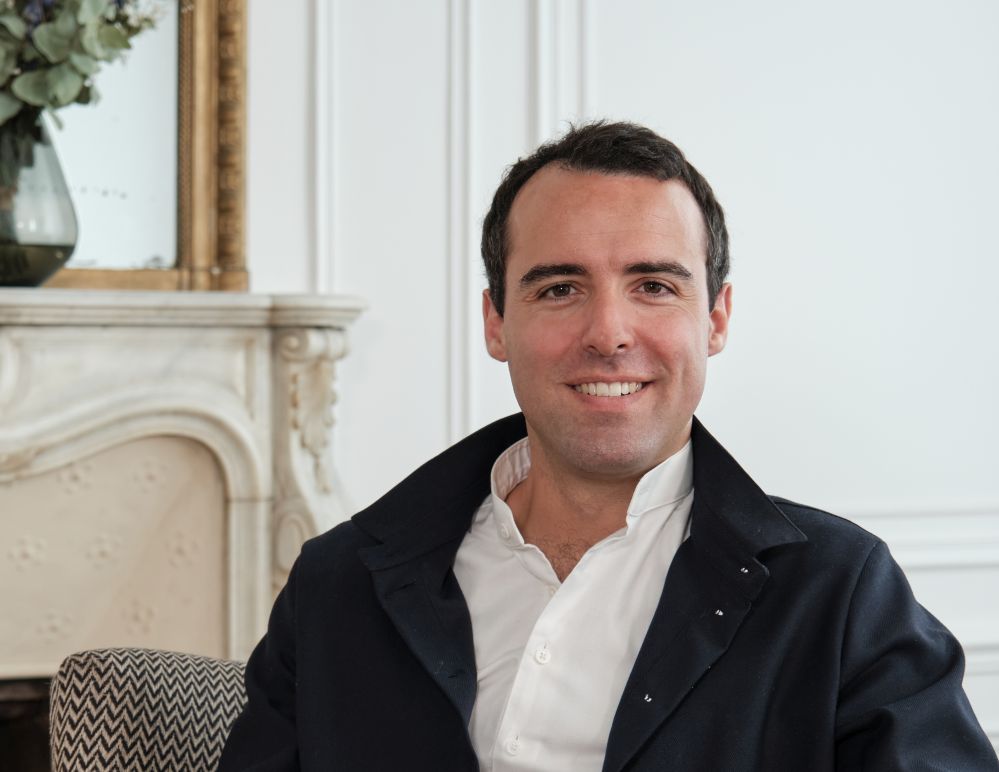Once upon a time, dairy proteins were made exclusively by lactating mammals. These days, you can produce them in genetically engineered plants or microbes, or even lactating mammary cells grown in a bioreactor.
But is there a market for ‘animal-free’ dairy? Is making whey and casein via precision fermentation—the most advanced of the three methods outlined above—commercially viable? And how do you talk to consumers about dairy… without cows?
AgFunderNews (AFN) caught up with Stéphane Mac Millan (SMM), cofounder and CEO at French precision fermentation startup Bon Vivant, to get his take.
AFN: What makes you think there’s a market for ‘animal-free’ dairy proteins?
SMM: I’m 1,000% sure there is a market for this, for two reasons. First, dairy is growing, and at the same time, milk production is decreasing. In France we’ll be importing milk in 2027, which is just crazy when you think about it, as France is one of the biggest dairy producers in Europe. So we have a big protein gap.
And second, each and every step, technology, process, whatever, that can help us reduce the environmental impact of food production will be needed in the years to come.
But there are challenges. First, we need to understand that what we’re making is milk protein; it is not milk. It’s an ingredient that can add a lot of functionality and nutritional value, but it’s not milk. So a lot needs to be done with our friends, the Danones and Nestlés of this world, to really be able to provide products [containing these proteins] that are amazing.
And the second challenge is scale. If you want to supply companies like General Mills or Lactalis, we’re not talking about 500 or 1,000 tons, we’re talking about 100,000 tons a year. And that’s a scale that is massively challenging for a startup to achieve.
AFN: Scaling up precision fermentation is keeping a lot of startups awake at night. What’s your plan?
SMM: Our view is that it’s important at the beginning to be working with a CMO (contract manufacturing organization) as you don’t want to rush into building a big facility costing $200 million because you need to streamline and iterate and learn all your processes.
But at some point, you definitely need to have your own production, for three reasons. The first is that a CMO is built to make different types of proteins, so you will never reach the cost that you want. Secondly, the CMO is an intermediate [middleman], so there’s a cost attached to that. And the third thing is that if someone with [a product that offers] better margins comes to the CMO, you cannot rely [on a long-term relationship].
So we absolutely need to build our own plants, but we will keep on partnering and using CMOs’ facilities in parallel to answer demand peaks and produce new proteins.
AFN: Do you need to partner with a large dairy company or other player to make this work?
SMM: We definitely believe that we need to find the right partners to work and basically extend the value chain. We know how to innovate, but when it comes to building large facilities, we need to partner and there are companies out there that have been doing fermentation at scale for years.
AFN: You recently raised $16m. How are investors looking at the animal-free dairy space?
SMM: The VC world has changed a lot and potentially for the better as it forces you to be a commando-style startup so that you know exactly how you’re spending every dollar. It’s a really tough environment and raising money takes more time now, but we were lucky enough that we attracted probably one of the best European biotech VCs in Sofinnova Partners.
They’re really knowledgeable, so when you talk about them about strain, yield, downstream processing, filtration… these guys know their stuff and ask the right questions.
So why did they find us attractive? They can speak for themselves, but I think the yields we are getting were very interesting along with the fact that our [fungi] strain has been producing [enzymes and other proteins] at industrial scale for years.
It’s very robust, it accepts a certain margin of temperature change, different carbon sources [as feedstock], which is really important because if you want to run a plant in the US or in Europe, or in Asia, most probably the temperature and the carbon source will be different, so we wanted that flexibility.
Then secondly, the quality of the ingredient you’re producing matters, because in this [animal-free dairy] space, we are not actually all producing the same thing. Basically how you do the fermentation, how you do the downstream processing, has an impact on the quality and purity of the final ingredient, and that was one of the main differentiators for us.
The other thing is our pipeline. We’re not only working on whey proteins, we’re also working on casein proteins and other complex proteins. We are b2b, so our job is to build a full portfolio to meet all the functionalities that industrial food companies want.

AFN: How attractive or otherwise are the unit economics of animal-free dairy?
SMM: I have no doubt that in the next 10 years, animal-free dairy proteins will be cheaper than milk proteins from cows. It’s just a more efficient way of producing things. But obviously, it’s going to take time and you need investors that understand the unit economics.
Even on casein proteins, which are more complex [than whey proteins] we have specific technology that should put us on the same path as for whey.
AFN: Can you talk about metrics?
SMM: We don’t share our numbers but a titer [the amount of an expressed target molecule relative to the volume of liquid] of anything below 25g/liter is almost useless, honestly. It’s interesting, R&D-wise, but not for industrial level production. We won’t do scaling unless we are above 25g/liter, but we are working on reaching 50-70 grams per liter, we think our strain will be able to do that. But titer is only one parameter. You also need to look at productivity and yield, how long does the fermentation take, how much feedstock are you using?
AFN: The price of sugar [which is used as a feedstock in precision fermentation] is going up. Does that change the economic equation?
SMM: The fact that carbon sources are increasing in price is an important thing to compute in your techno economic analysis. And that’s why it’s important to have a robust strain that can process a different type of carbon source.
AFN: Can you produce your dairy proteins using a continuous process?
SMM: Our team is looking at this, but there are pros and cons. The other issue is that most CMOs can’t do it, so that’s one major block. However, we believe we will be able to reach really good economics without using a continuous process.

AFN: What kind of timetable are you working towards?
SMM: We are aiming to be commercialized in mid-2025 for whey protein in the US [with regulatory filings this year]. When it comes to caseins, we’re at an earlier stage, although we have made good progress and we now have strains that we believe will be soon be able to reach commercially viable titers.
AFN: What is the plan for Europe?
SMM: [On the regulatory front] Europe needs to make sure that we don’t let the [innovation] train leave the station. We need to have champions. If you look at the 10 biggest dairy manufacturers in the world, many of them are European, so we need to achieve the same [market leadership] on precision fermentation for dairy.
Right now, it’s just really difficult for a startup to navigate [through the regulatory] uncertainty, because you cannot come to investors and tell them ‘I will launch in Europe in one year, well maybe in two years, or in three years, or it could be 10 years.’
AFN: How are big food companies thinking about marketing products containing animal-free dairy proteins?
SMM: The market is still figuring this out. There are some companies that want all the dairy in a product to come from precision fermentation, but others say maybe I can take my conventional dairy product and add 20% protein from precision fermentation so I can claim a certain amount fewer greenhouse gas emissions for example. But we have to find a way to simplify the message for the consumer, because it can be confusing. It’s confusing for me, and I’m in the business!






